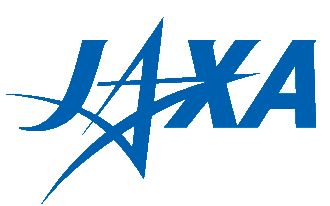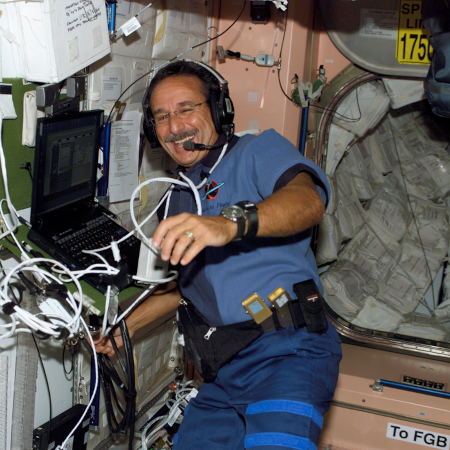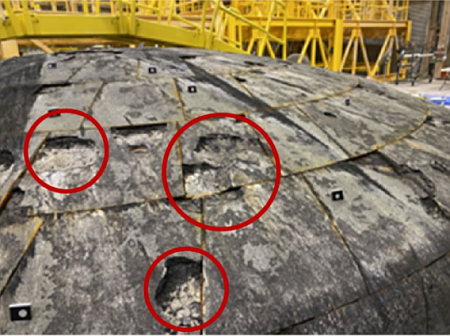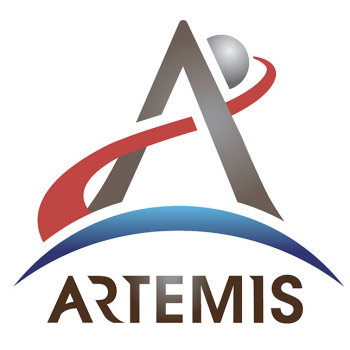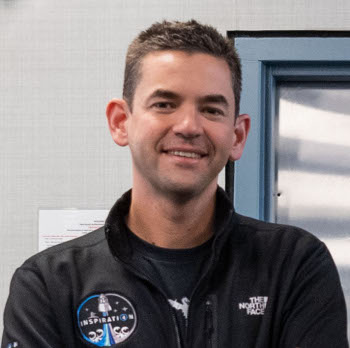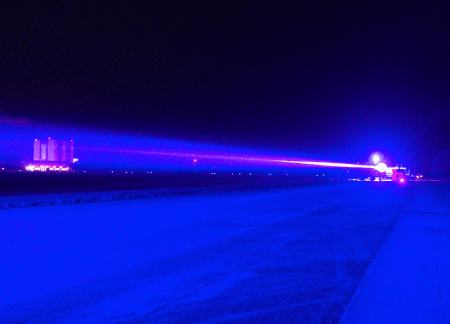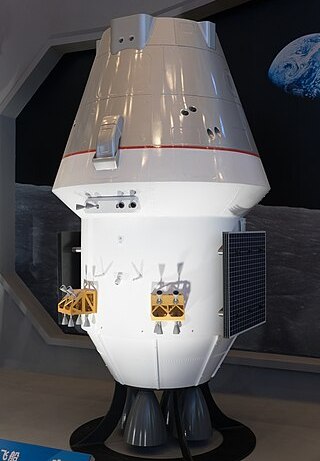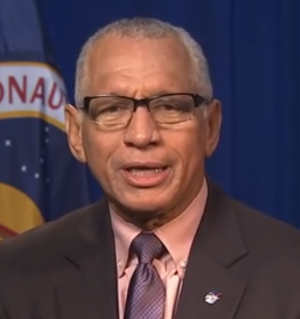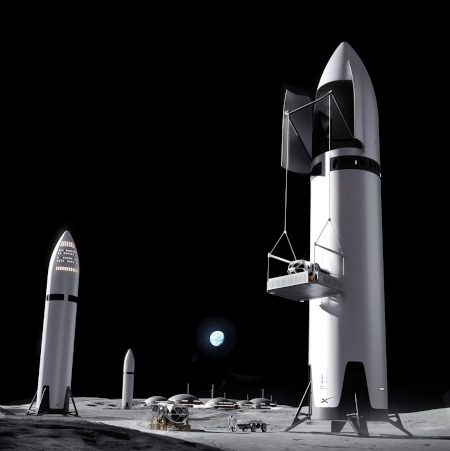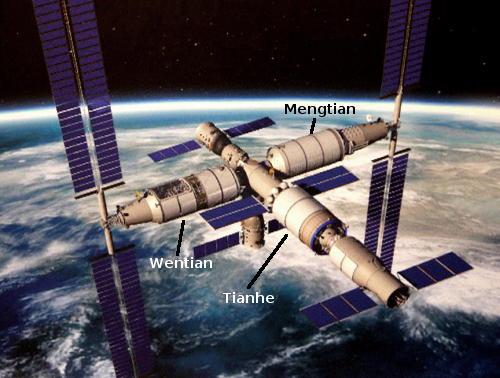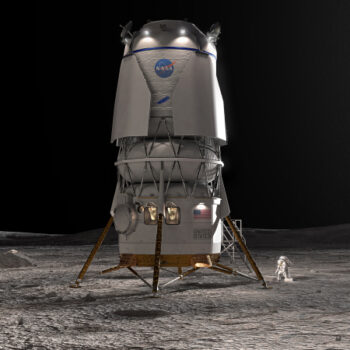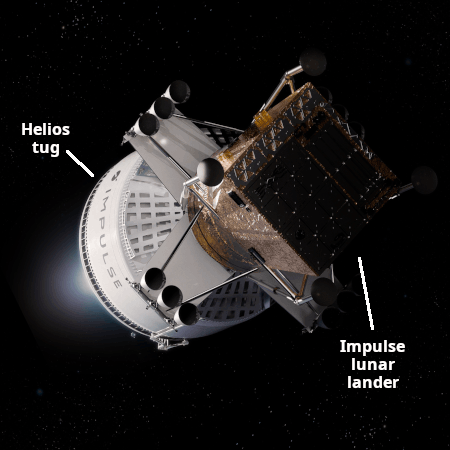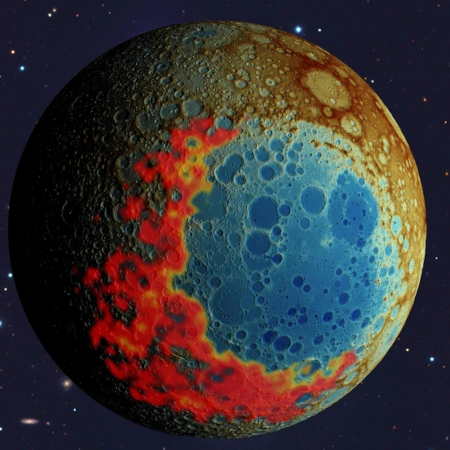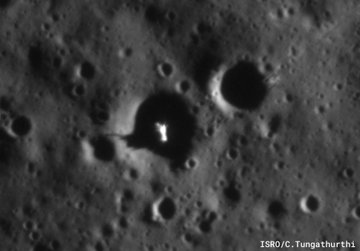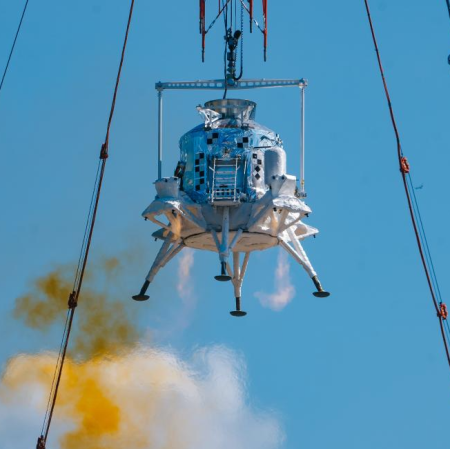NASA targeting January 31, 2026 for Artemis-2 dress rehearsal countdown
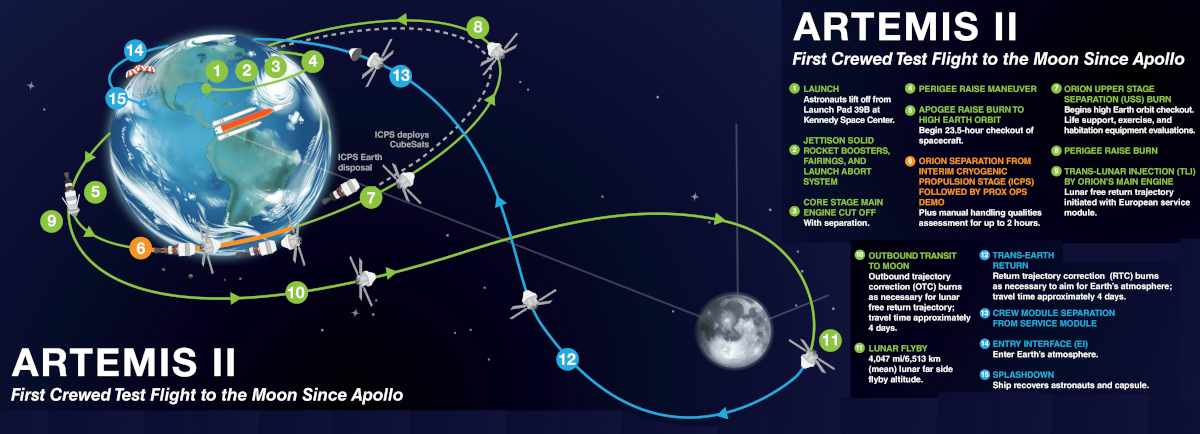
The flight plan for the Artemis-2 mission around the Moon. Click for original.
NASA engineers are now targeting January 31, 2026 for the manned dress rehearsal countdown of the Artemis-2 SLS rocket and Orion capsule.
The upcoming wet dress rehearsal is a prelaunch test to fuel the rocket. During the rehearsal, teams demonstrate the ability to load more than 700,000 gallons of cryogenic propellants into the rocket, conduct a launch countdown, and practice safely removing propellant from the rocket without astronauts inside the spacecraft.
During several “runs,” the wet dress rehearsal will test the launch team’s ability to hold, resume, and recycle to several different times in the final 10 minutes of the countdown, known as terminal count. The rehearsal will count down to a simulated launch at 9 p.m. EST, but could run to approximately 1 a.m. if needed.
This rehearsal will include the four-person crew inside the Orion capsule, which will once launched take them in a wide ten-day Earth orbit that will swing them past the Moon and then back to Earth. The crew entered quarantine at the end of last week to reduce the chance they will catch any illnesses prior to launch.
This mission carries great risk, as the capsule’s life support system has never been used in space before, while the viability of its heat shield remains questionable.

The flight plan for the Artemis-2 mission around the Moon. Click for original.
NASA engineers are now targeting January 31, 2026 for the manned dress rehearsal countdown of the Artemis-2 SLS rocket and Orion capsule.
The upcoming wet dress rehearsal is a prelaunch test to fuel the rocket. During the rehearsal, teams demonstrate the ability to load more than 700,000 gallons of cryogenic propellants into the rocket, conduct a launch countdown, and practice safely removing propellant from the rocket without astronauts inside the spacecraft.
During several “runs,” the wet dress rehearsal will test the launch team’s ability to hold, resume, and recycle to several different times in the final 10 minutes of the countdown, known as terminal count. The rehearsal will count down to a simulated launch at 9 p.m. EST, but could run to approximately 1 a.m. if needed.
This rehearsal will include the four-person crew inside the Orion capsule, which will once launched take them in a wide ten-day Earth orbit that will swing them past the Moon and then back to Earth. The crew entered quarantine at the end of last week to reduce the chance they will catch any illnesses prior to launch.
This mission carries great risk, as the capsule’s life support system has never been used in space before, while the viability of its heat shield remains questionable.

